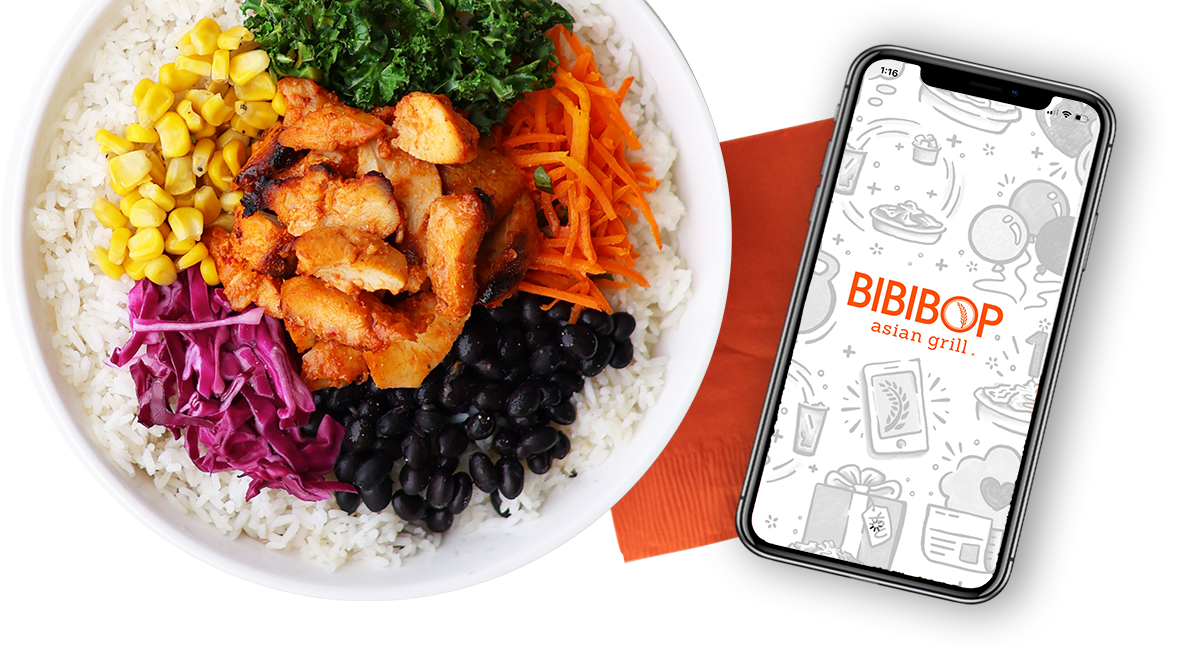Korean cuisine has long been celebrated for its vibrant flavors, unique cooking techniques, and diverse dishes. Moreover, it offers a delightful surprise for those with dietary restrictions, as many traditional Korean dishes are inherently gluten-free. In this blog post, we’ll explore the health benefits of gluten-free Korean dining, highlighting its focus on fresh ingredients, balanced flavors, and potential advantages for those seeking gluten-free options.
Fresh Ingredients and Whole Foods
One of the hallmarks of Korean cuisine is its emphasis on fresh, whole ingredients. Gluten-free Korean dishes are typically prepared using naturally gluten-free grains such as rice, abundant vegetables, lean proteins, and legumes. This commitment to fresh, unprocessed foods enhances flavor and ensures a healthier meal overall.
- Rich in Antioxidants: Korean cuisine often features vegetables like kimchi, bok choy, and greens. These vegetables contain antioxidants, vitamins, and minerals, providing a well-rounded, nutrient-dense meal.
- Low in Processed Foods: Traditional Korean dishes rarely rely on processed gluten-laden ingredients. This helps individuals avoid the unhealthy additives and preservatives commonly found in processed foods, promoting better digestive health.
Balanced Flavors and Umami
Korean cuisine is renowned for its mastery of balancing flavors. A well-prepared Korean meal combines sweet, savory, spicy, and umami tastes to create a symphony of flavors that delight the palate.
- Umami Magic: Many Korean dishes achieve their distinct umami flavor through ingredients like soy sauce, fermented bean paste (doenjang), and sesame oil, all of which are gluten-free. Umami enhances the taste of food and encourages mindful eating by making dishes more satisfying.
- Balanced Meals: Gluten-free Korean dining typically offers well-balanced meals with ample proteins, fibers, and healthy fats. This balance can help regulate blood sugar levels and keep you full and energized throughout the day.
Potential Benefits of Dietary Restrictions
For those with gluten sensitivities or celiac disease, the gluten-free nature of many Korean dishes can be a blessing.
- Gluten-Free Grains: While wheat is a common source of gluten, Korean cuisine predominantly relies on rice as its staple grain, which is naturally gluten-free. Bibimbap, for instance, can easily be made with gluten-free alternatives to traditional barley rice.
- Awareness and Adaptation: With the growing awareness of dietary restrictions, many Korean restaurants offer gluten-free options or can adapt their dishes to accommodate specific needs. This inclusivity makes dining out a more enjoyable experience for those with dietary restrictions.
Gluten-free Korean dining is a delightful journey into a world of fresh ingredients, balanced flavors, and potential health benefits. Whether you have dietary restrictions or wish to explore a cuisine that prioritizes wholesome, naturally gluten-free ingredients, Korean cuisine offers an array of delectable dishes to satisfy your cravings while nourishing your body.
So, the next time you search for a healthy and gluten-free dining experience, consider trying authentic Korean cuisine. From the delightful flavors of kimchi to the comforting warmth of a hot bowl from BIBIBOP, you’ll discover a world of culinary treasures that satisfy and support your health goals.



